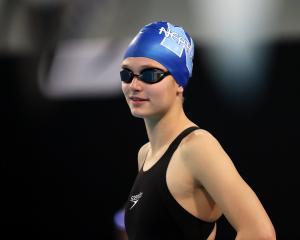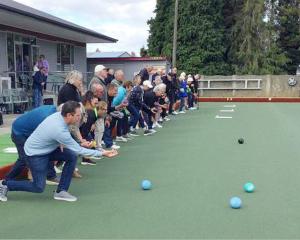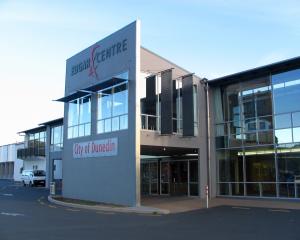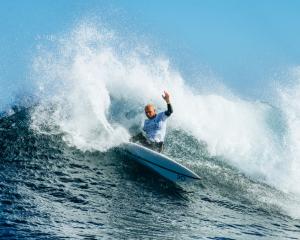Sporting organisations in Otago have found it tough going over the lockdown period and not all of them are out of the woods yet.
With nothing happening on the sporting front for more than two months, it was a juggling act for many sporting groups to stay afloat and remain relevant.
With most winter sport now up and running — a massive advancement over most sport around the world — organisations are slowing getting back into the swing of things.
Otago Hockey Association general manager Andy McLean said the organisation was basically back to normal.
There had been no changes in staff and they had got through by using reserves, the Sport New Zealand resilience fund and the wage subsidy.
Hours were reduced for a time but the season was now up and running and was likely to be 85% of the length of a normal season.
Otago Rugby Football Union general manager Richard Kinley said two staff had resigned in the period and not been replaced.
At this stage, all staff were down to four days a week and that would stay until the end of the financial year, at the end of November.
‘‘Since 2012, we have been a reasonably lean operation and we have got to where we are now by being smaller than other unions,’’ he said.
Kinley said Otago was the fifth-highest union in term of player numbers in the country yet it had the lowest staff numbers of the 14 provincial unions in the Mitre 10 Cup. It had used the wage subsidy.
He said it was the toughest times the union had operated in since 2012 when the union narrowly avoided going out of business because of debts. Times were still tough.
The Highlanders have maintained a full staff throughout the entire period but are still not back to full pay. The franchise took the wage subsidy.
Football South chief executive Chris Wright said last week it was now back to full hours but the organisation had reduced hours over the lockdown period.
Things were still really tight and many staff had made sacrifices during the tough times.
The body had lost some staff in the period and was not replacing them at the moment as there were uncertainties ahead. It had used the wage subsidy.
Otago Cricket Association chief executive Mike Coggan said the association had been lucky in that New Zealand Cricket had kept the same level of funding for the major associations in place.
But the future was as difficult. Events such as ICC T20 World Cups, both men’s and women’s, and whether they happen, would have a major impact on funding for associations.
Whether international sides would be able to tour New Zealand this summer was also an issue.
NZC provided 70% of the funding for major associations and whether it could fund this money — which by and large comes from broadcasting contracts — would be dependent on international teams touring and World Cups being played.
Until decisions were made about the international game, nothing could be done about this season’s domestic calendar.
Netball South chief executive Lana Winders said staff had been on reduced hours of 80% for three months but had returned to full hours. It had used the wage subsidy.
Netball New Zealand was conducting a full review of the netball system and having a really good look at how the sport was organised, she said.
It had the right goals to make the game about volunteers and players.












